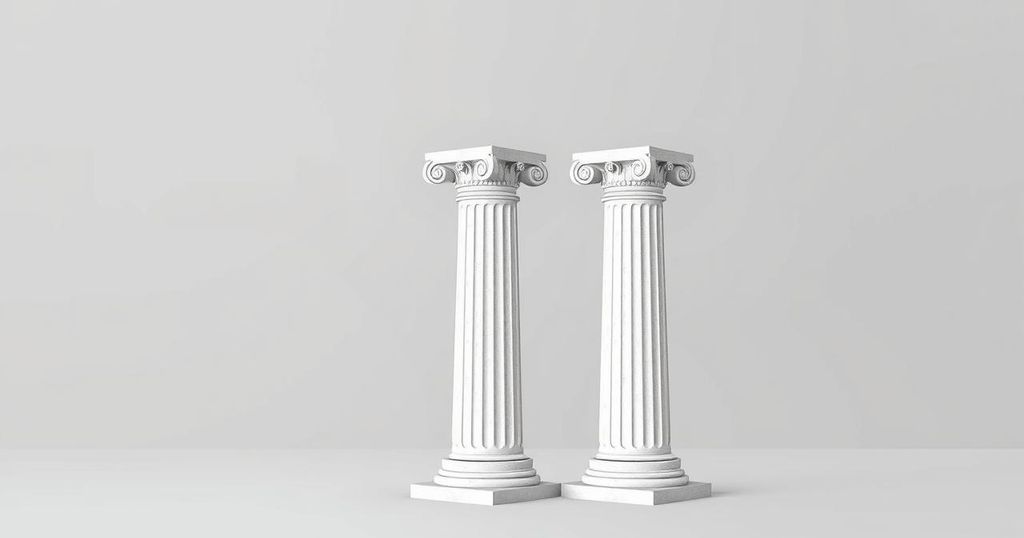Critique of Nigeria’s National Assembly: Accountability and Integrity at Stake

This article critiques the state of Nigeria’s National Assembly, particularly in light of President Bola Tinubu’s emergency declaration for Rivers State. Allegations of bribery among legislators supporting the declaration are discussed, highlighting broader issues of corruption and the erosion of democratic principles in governance. The failure of the legislature to maintain constitutional standards is emphasized, suggesting a troubling alignment with the ruling party and a lack of accountability.
The current state of Nigeria’s government has recently been critiqued, focusing primarily on President Bola Tinubu’s emergency declaration regarding Rivers State. This declaration raises concern among citizens about transparency and accountability in governance. Critics argue that the President’s assertions regarding the situation may contradict constitutional provisions, especially when the legislature appears to support such declarations without fulfilling established requirements.
Reports from Peoples Gazette and SaharaReporters suggest troubling allegations of bribery within the National Assembly. Allegedly, legislators were offered significant sums to endorse President Tinubu’s emergency declaration, undermining their duty to the constitution. Such actions call into question the integrity of lawmakers who may prioritize personal gain over public service.
The author reflects on the decline of the National Assembly, likening it to a collapsed institution merely masquerading as a legislative body. This notion of deterioration has persisted for years, with a history of corruption showcased through extravagant spending of legislators. Increased allocations to the National Assembly over the years exacerbate this image of wastefulness and straying from their responsibilities.
Many instances of unethical behavior within the legislature have been noted, including dubious financial dealings and the procurement of luxury vehicles at taxpayer expense. The narrative paints a picture of a legislative branch far removed from its constitutional responsibilities and disconnected from the populace it serves.
The author emphasizes the crucial role of the legislature in checking executive power, asserting the responsibility to scrutinize presidential actions rigorously. Unfortunately, the current political atmosphere has transformed the legislature into an extension of the ruling party, thus compromising the democratic principles that should govern its actions. The absence of proper documentation and transparency within the National Assembly further exemplifies the challenges facing Nigeria’s political landscape.
In summary, the integrity and function of Nigeria’s National Assembly are being severely questioned, particularly following allegations of bribery related to President Tinubu’s emergency declaration. The legislature’s failure to uphold constitutional standards and the long history of corruption greatly undermine public trust. A separation of powers is vital for democratic governance, yet the current alignment of the National Assembly with the ruling party raises concerns about accountability and the fundamental principles of democracy in Nigeria.
Original Source: punchng.com







